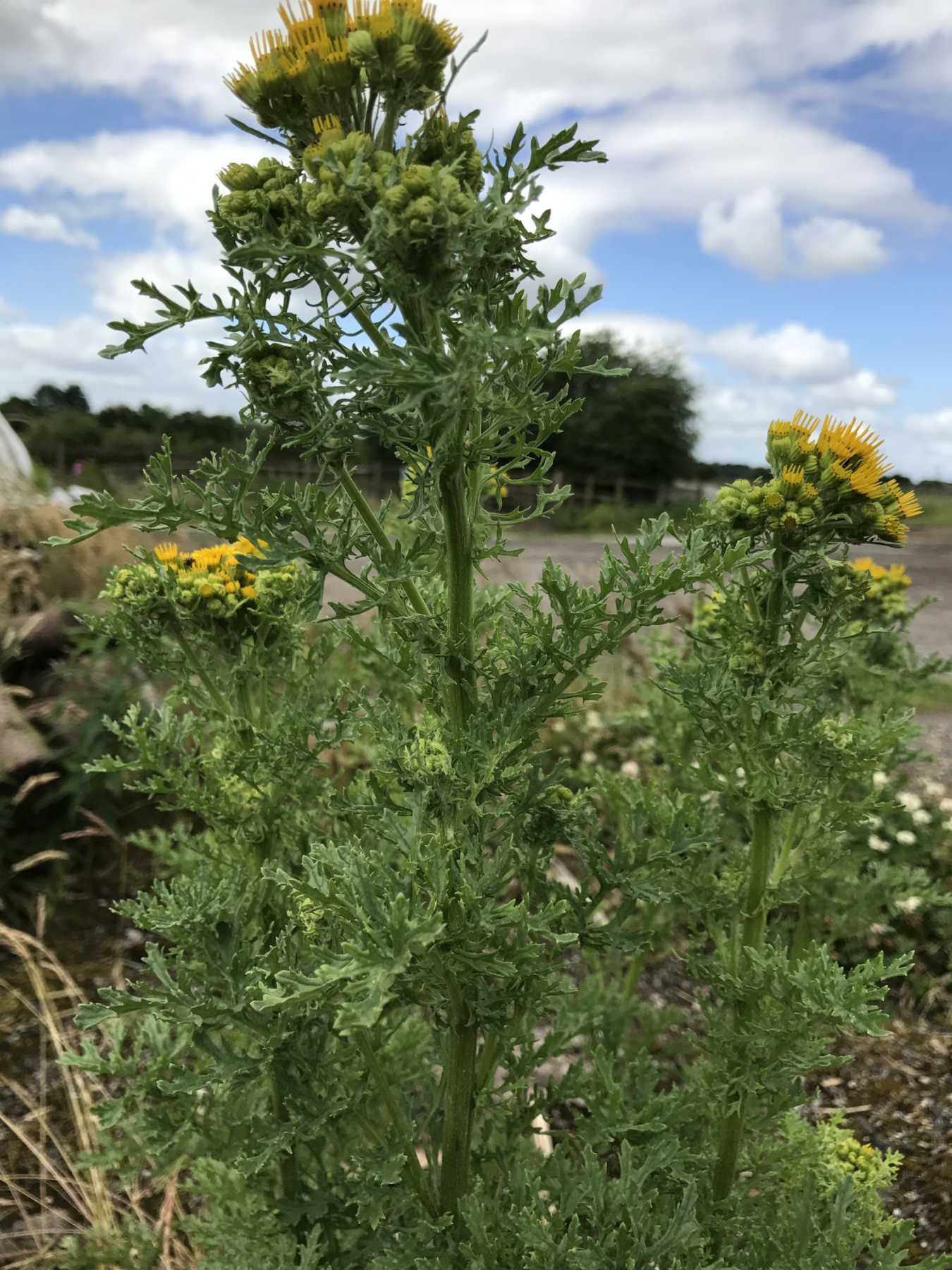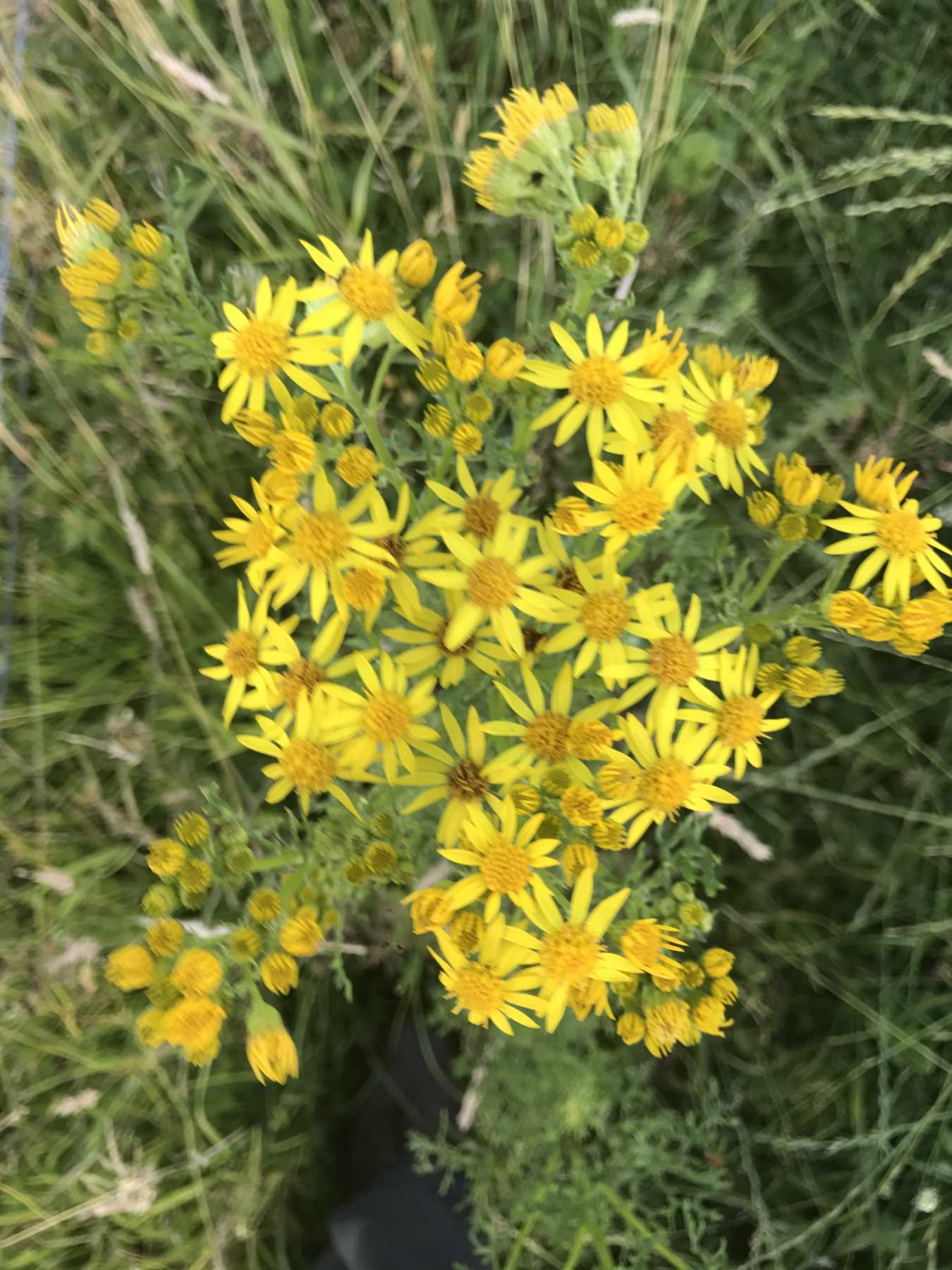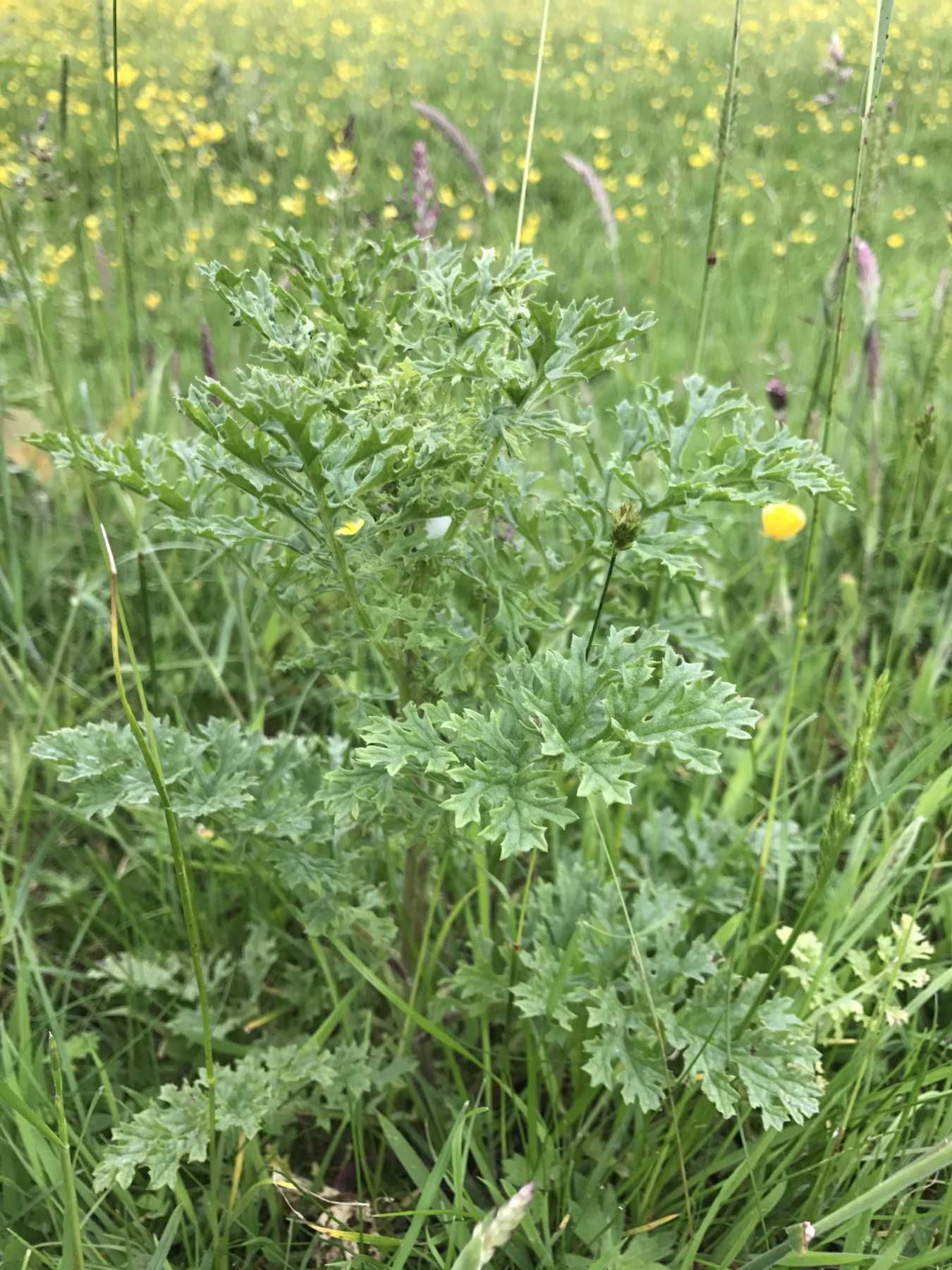Ragwort Poisoning

This “noxious weed” causes liver damage when eaten. There is a pyrrolizidine alkaloid poison in ragwort that is toxic and it is a cumulative poison which progressively destroys liver cells.
The liver has a huge reserve, meaning that mammals can function with only 20% of the liver being viable. However once below 20% death is swift and horrific.
The other problem is that in the earlier stages of liver damage the clinical signs are not specific and, although they may deteriorate rapidly, the signs of liver damage can be subtle!

Dullness, depression, strange behaviour, losing weight, poor coat quality and general malaise (horse just “isn’t right “) are common but not exclusive signs of liver disease.
Blood samples initially followed by liver biopsy (see picture) are used for diagnosis but as previously mentioned, removal of ragwort from the pasture will guarantee that your horses don’t eat it (as long as it isn’t in the hay or haylage!!).
Dried or wilted ragwort is more palatable to horses so please ensure that it isn’t in the hay/haylage and that it is removed completely from the pasture and disposed of /burned.

Treatment of ragwort poisoning is difficult because the damage to the liver has been done by the time we see signs and once liver function drops below 20% death is certain.
There is no antidote to the poison so prevention is the key.